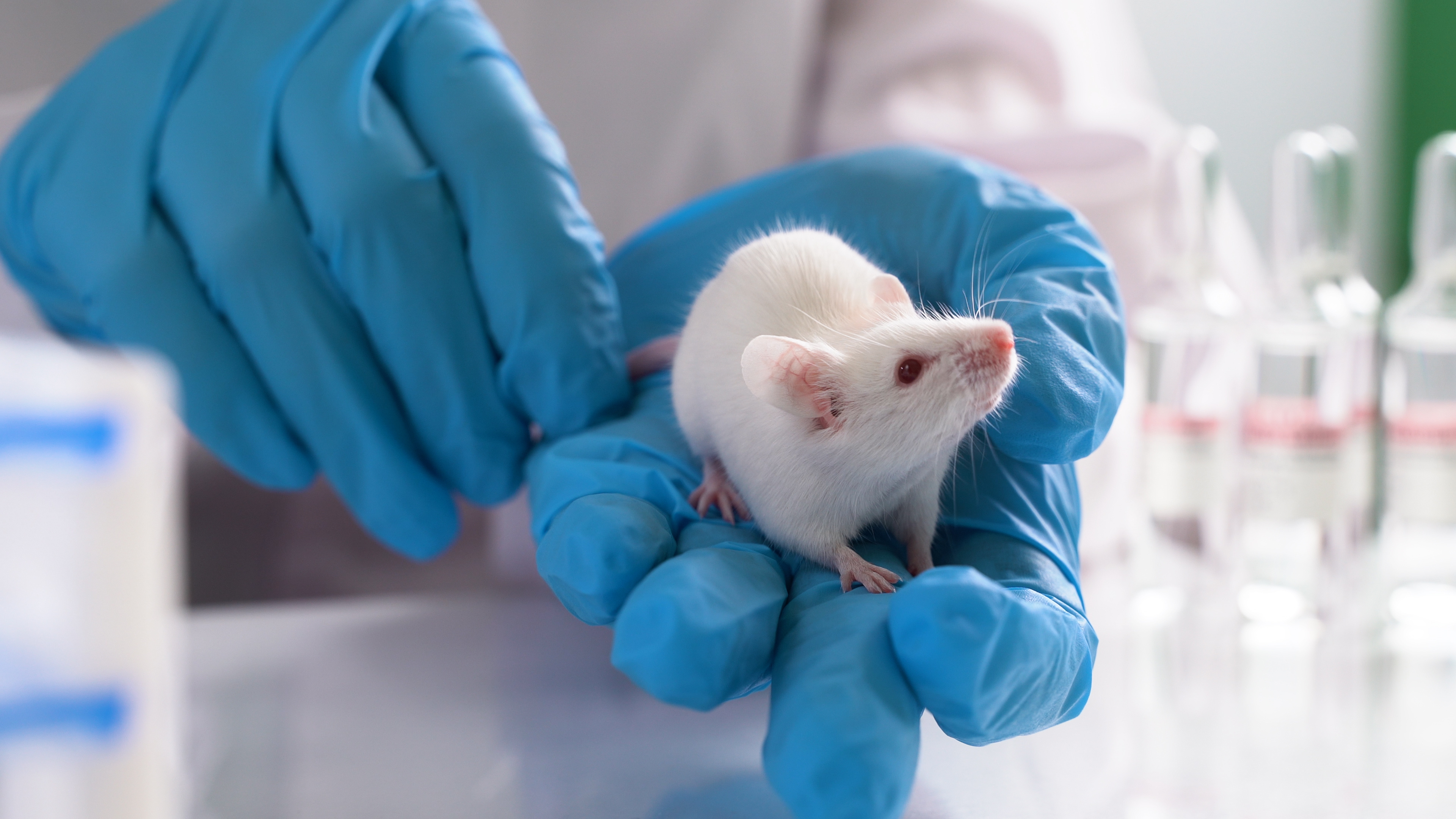These 'Magic' Mushrooms Don't Make You Hallucinate - They Delay Signs Of Aging
Move over kale—there's a new superfood in town, and it might just help you turn back the clock. Golden oyster mushrooms (Pleurotus citrinopileatus) are now being hailed as anti-aging mushrooms. These tasty mushrooms are gaining attention for their potential to promote heart health and extend lifespan.
Native to parts of Russia, China, and Japan, golden oyster mushrooms are packed with ergothioneine, a powerful antioxidant with anti-inflammatory properties. Scientists have dubbed it the "longevity vitamin," as it has been linked to lower risks of heart disease and premature death in humans.
While most of these findings are based on observational data, a recent study offers tantalizing new evidence that these could indeed by anti-aging mushrooms. Researchers at Kumamoto University in Japan fed golden oyster mushrooms to a group of middle-aged mice for a year.
The results? These mice had significantly better heart function, with hearts pumping 20 percent more blood per contraction. They also ran faster and farther than their non-mushroom-eating neighbors and showed fewer genetic markers of heart failure—key signs of aging.

The secret, the researchers write in NPJ Aging, lies in ergothioneine's ability to protect cells from damage caused by reactive oxygen species, those pesky inflammatory molecules that contribute to aging. By shielding heart and blood vessel cells, these anti-aging mushrooms may help stave off age-related declines in cardiovascular health.
Before you stock up on these mushrooms, though, there's one tiny detail: the mice consumed an enormous amount of them. To match their serving size, an 80-kilogram human would need to eat a whopping 720 grams of dried mushrooms daily. That's quite a lot.
Still, experts say this evidence adds even more weight to the benefits of ergothioneine. Unfortunately, modern farming practices may be cutting off our ergothioneine supply.
Soil fungi, which produce this antioxidant, pass it to crops via their roots. But heavy tilling can disrupt this process, reducing ergothioneine levels in plants by up to 30 percent, the researchers warn. Eating a literal mountain of anti-aging mushrooms daily might not be practical, but their potential to slow aging is exciting.
As research progresses, we may find ways to harness their benefits without overloading our plates. Of course, these findings have only been certified in mice so far. So, more research needs to be done to see if that same benefit passes to humans.
